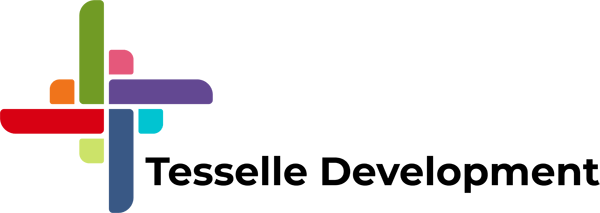Daring and taking opportunities
with Yvonne Reinwald
Dr Yvonne Reinwald is a senior Lecturer in Biomedical Engineering at Nottingham Trent University in the UK. Her research focuses on the evaluation of the performance of bioreactors for tissue engineering and clinical application. During our discussion, we did not talk about her research but about how she had navigated her research career.
About Yvonne
I was fascinated by how daring she had been throughout her career: moving to South Korea to work in a research institute, whilst not speaking the language or taking on a lectureship position in a newly created department, without a lab or a building yet built.
Her recurring drive appears to have been an intense desire in putting as many techniques under her belt as she could, so she would to be able to address the research questions that interested her.
In her early research experience, Yvonne worked with a clinician and undertook industrial placements, these experiences shaped her interest in wanting to work in the area of translational research- research that is applied to the clinic. She says about this work that “the research spoke to me”.
Initially from Germany, Yvonne’s career became international with a PhD in the UK (Nottingham University) and Postdocs at Keel University. She also undertook research periods in South Korea and China.
Find her here:
https://www.ntu.ac.uk/staff-profiles/science-technology/yvonne-reinwald
Words of wisdom
o Learn to celebrate your success
o Whatever you choose- enjoy it
o Work hard- play hard
o Don’t give up even when things are frustrating- keep going
o Stay humble- seek guidance
o There is no shame asking for help
o Seek opportunities- try things out
o Value people
o Keep connections
My meandering reflections and some ideas for you to ponder based on my discussion with Yvonne
Exploring diverse opportunities to learn your craft
Her research time in South Korea got her to experience what it means to really work hard, but she also experienced an intensely collaborative environment. The challenge of working in an environment where language is a barrier to communicate was probably an incredibly valuable experience in acquiring a commitment to understanding others, and an enhanced perception of how to communicate well with others.
Seeking collaborations early on
When she moved to her lectureship position, the building and labs for the new department were not built so she had to develop close relationships and collaborations with new colleagues across different departments in order to establish herself in a new institution.
Don’t start professional interactions with a sense of entitlement
When you seek opportunities such as teaching, colleagues will need to build trust in your professional competencies and may not offer you opportunities straight away. Do not initiate these relationships feeling entitled to be given opportunities. Trust is built over time. Contribute and be helpful.
Humility is not a quality often praised in academia
On occasions, you may have to let others lead or be in the limelight. Although you may feel frustrated that more senior colleagues get the recognition that you may feel was due to you, consider your role as part of the team, not just about you.
Improving research culture
o Academics and Principal Investigators may want to consider saying “yes” more often than “No” to the crazy ideas of their junior researchers.
o The research culture could improve if more established researchers/ academics were more open to junior researchers and would welcome them as collaborators instead of a threat to their zone of influence.
o Dedicating time to discuss experiments that have failed with your research team is critical. To create an environment where your team members will discuss openly failed experiments, you need to be prepared to hear bad news, which means that you need to become approachable!
“saying yes to me, when I came with a stupid idea, a crazy idea, an insane, risky idea. When I said, could you give me an opportunity to do this. I think it’s the fact that people said yes, more often than no”

